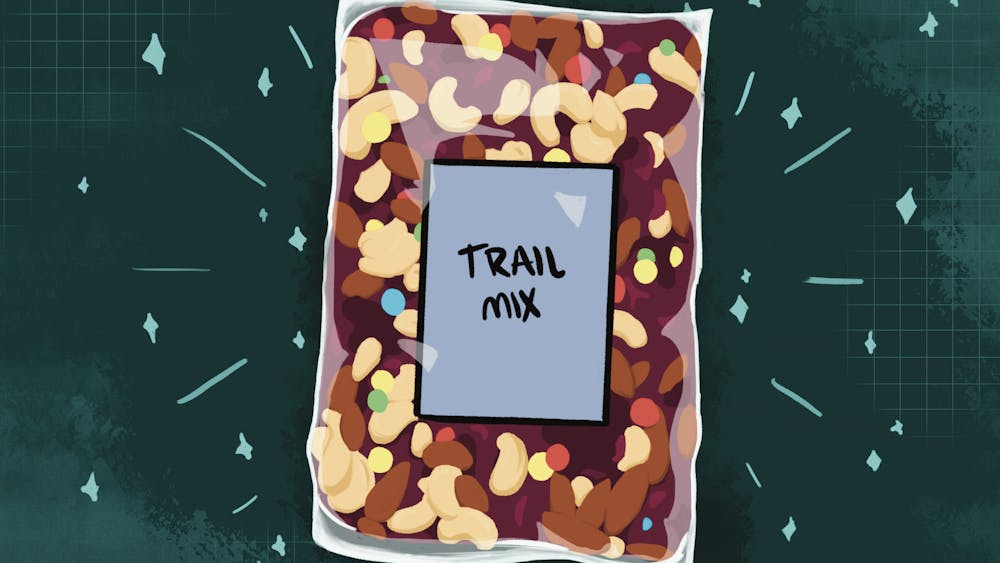In a country with so many prevalent and dangerous misconceptions about mental health, it’s not surprising that Netflix’s new novel-to-television adaptation managed to throw them all together into one binge-worthy teen soap opera.
Netflix’s “13 Reasons Why” is a problematic misrepresentation of suicide, depression and mental illness. This show will prove dangerously consequential in forming more distorted opinions about mental health.
The show, based on the 2007 fiction novel by Jay Asher of same name, tells the story of Hannah Baker, a girl who commits suicide and leaves behind 13 audiotapes for her friends to hear which explain the horrendous bullying and sexual assault she endured that drove her to suicide.
There’s no questioning that Baker’s experiences are valid and horrific. However, the show’s romanticizing of suicide as a revenge fantasy to achieve martyrdom is an extremely inaccurate depiction of why people are driven to suicide and dangerously inaccurate for young audiences to see.
Mental health experts unanimously agree that this portrayal of suicide is highly inaccurate and very dangerous for young teenagers to watch.
Countless studies tracking journalistic coverage and media response to suicide and the effects of mental health conclude a number of universal principles those in the media should follow when communicating suicide deaths.
Among these rules, it’s understood that people shouldn’t sensationalize the suicide, discuss the suicide note contents, speculate about why the suicide occurred or glamorize the suicide.
“13 Reasons Why” managed to turn all of the professional do-nots into a soap opera for all teenagers to see.
Considering that suicide has risen to rank as the second-leading cause of death among American teenagers, it would have been wise for Asher and the show’s executive producers and show-runners to heed expert opinion and forsake dramatic television.
The show has received praise for its ability to provide solidarity for those who’ve previously experienced bullying or suicidal thoughts. Of course, it’s important for everyone to know that they are not alone, especially those who often don’t see their stories on screen.
The show’s perversion of solidarity, however, depicts suicide as a way to sainthood and relinquishes all personal autonomy. Baker individually blames her friends and bullies in each tape and places the onus on them to fix her most deeply rooted issues.
Most importantly, the show misrepresents those who are driven to suicide. According to the Canadian Mental Health Association, depression and suicide are highly correlated. While the bullying depicted in “13 Reasons Why” is extreme, the reality is most suicidal individuals will have already had a history of depression.
This show does not account for this. Rather, it only presents a slew of misinformation around mental health.
The media should be able to show survivors of suicide attempts, extreme bullying and mental illness that their stories indeed matter without distorting the reality of suicide into a revenge plot.
“13 Reasons Why” is dangerous exploitation and harmful to our collective understanding of suicide and mental illness.
jsbourkl@umail.iu.edu





